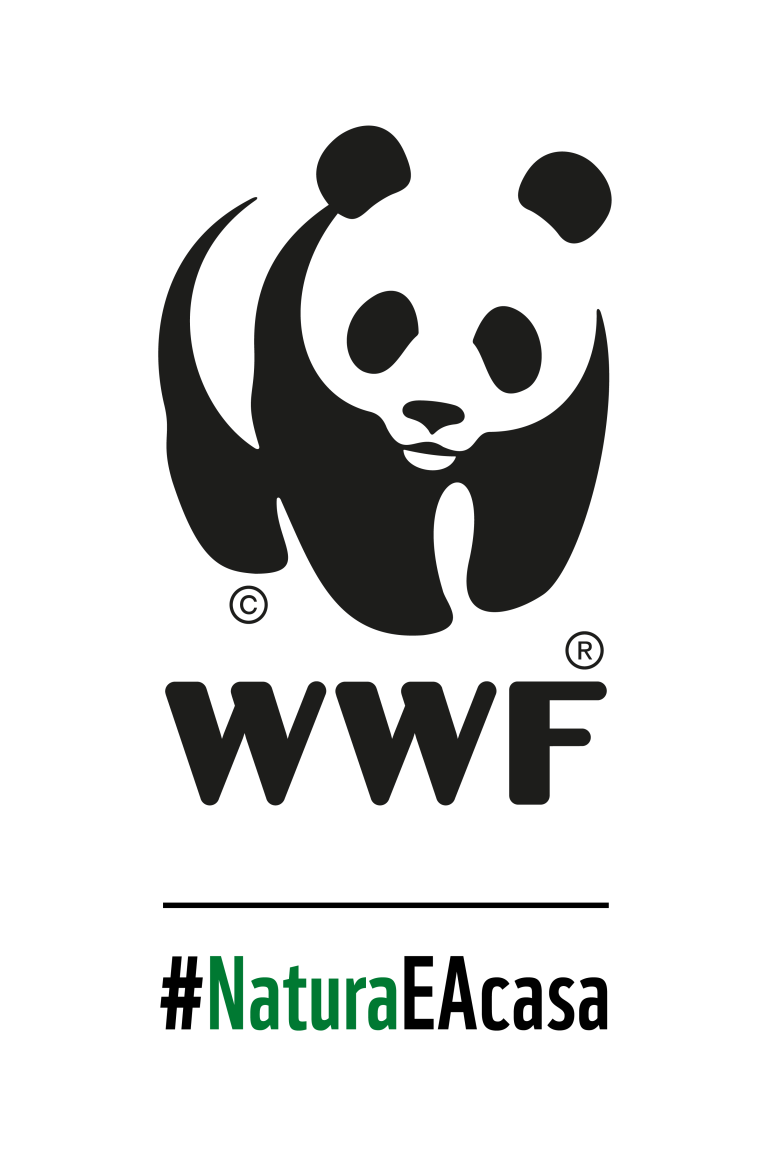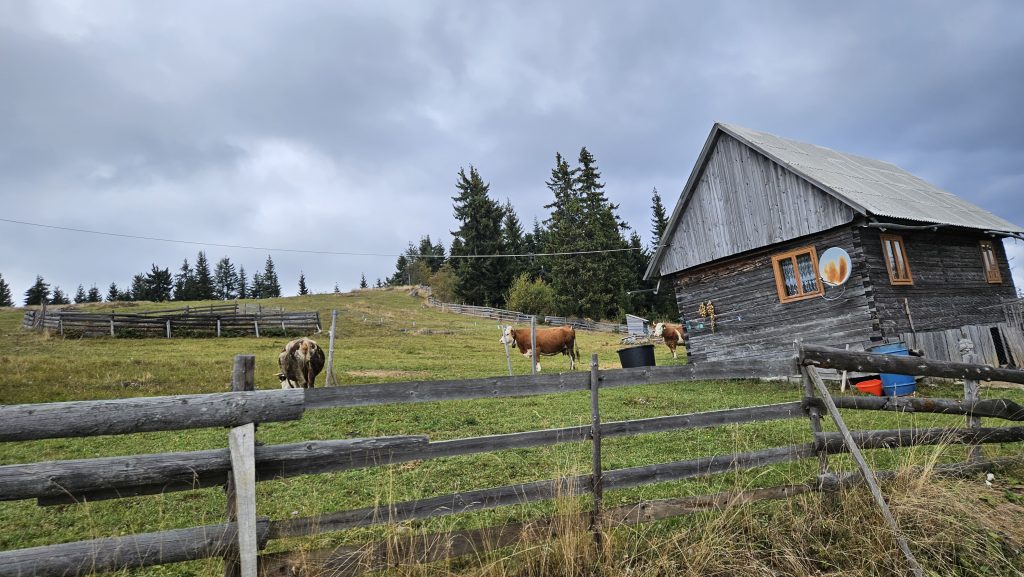The Ministry of Investments and European Projects launched a public consultation last week regarding measures and investments that can be included in the National Social Plan for Climate (NSPC). The goal was to identify the most effective solutions for supporting the transition to a sustainable economy and protecting vulnerable groups from climate change. However, the consultation lasted only five days, prompting WWF-Romania to request an extension so that more stakeholders can contribute.
6 Billion Euros for Romania
To implement this fund, Romania benefits from a budget allocation of 6 billion euros from the European Union. This funding will support the protection of vulnerable households and micro-enterprises, as well as vulnerable transport users.
WWF's Involvement in the Public Consultation Process – Implications for the Forestry Sector
WWF-Romania actively participated in the public consultation process and advocated for prioritizing natural materials in energy efficiency and building renovation measures and investments. These materials include basalt wool, mineral glass wool, cellulose-based insulation, wooden facades and other natural materials, wooden joinery, fiberboard, and other eco-friendly materials, depending on project specifications. The emphasis was also placed on promoting the superior use of wood in construction. In traditional rural areas, wood—rather than polystyrene—is the most suitable material for building renovations and improving energy efficiency.
This represents an opportunity for Romania to directly support the superior valorization of wood, innovation, and local entrepreneurship in processing wood into high-value, long-lasting products. It also indirectly supports a nature-based forestry system, relying on long production cycles to obtain superior-quality wood assortments.
The Superior Valorization of Wood – A Priority for Nature-Based Forestry
WWF has highlighted the fact that too few high-quality wood assortments, obtained through long forest management cycles, are processed into long-lasting, high-value-added products. The principle of cascading use of timber is not optimized, and the national forest bioeconomy fails to fully capitalize on efforts to implement a nature-based forestry approach.
Supporting the superior use of wood as a material for construction, furniture, or joinery directly reinforces the Romanian forestry system, which prioritizes wood quality over quantity. This approach ensures that forests fulfill their multifunctional social, economic, and environmental roles. Encouraging the use of wood in construction aligns with the cascading principle of wood utilization and reduces the consumption of wood from forestry for energy biomass purposes.
Context
The Social Fund for Climate – a Key Step Towards a Fair Green Transition
The European Union has created the Social Fund for Climate (SFC) to support additional measures for reducing greenhouse gas emissions in the building and transport sectors. The overall objective of the SCF is to contribute to a socially fair transition to climate neutrality by addressing the social impact of emissions generated by buildings and road transport.
These measures will particularly target vulnerable households and micro-enterprises, as well as vulnerable transport users, by providing temporary direct income support and financing measures for:
- Energy efficiency
- Building renovations
- Zero or low-emission mobility and transportation
- Reduction of greenhouse gas emissions
- Reducing the number of vulnerable households, especially those affected by energy poverty, vulnerable micro-enterprises, and vulnerable transport users
WWF-Romania is participating in the development process of the NSPC through its involvement in the working group established for this purpose in June 2024. We are committed to representing the voices of stakeholders who are not directly involved in drafting this plan, especially those from rural areas who rely on firewood for heating and are disproportionately affected by energy poverty.

